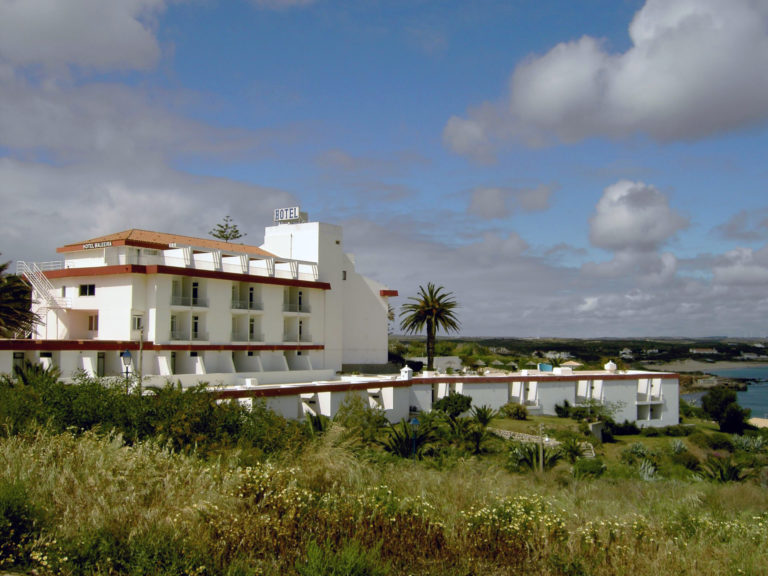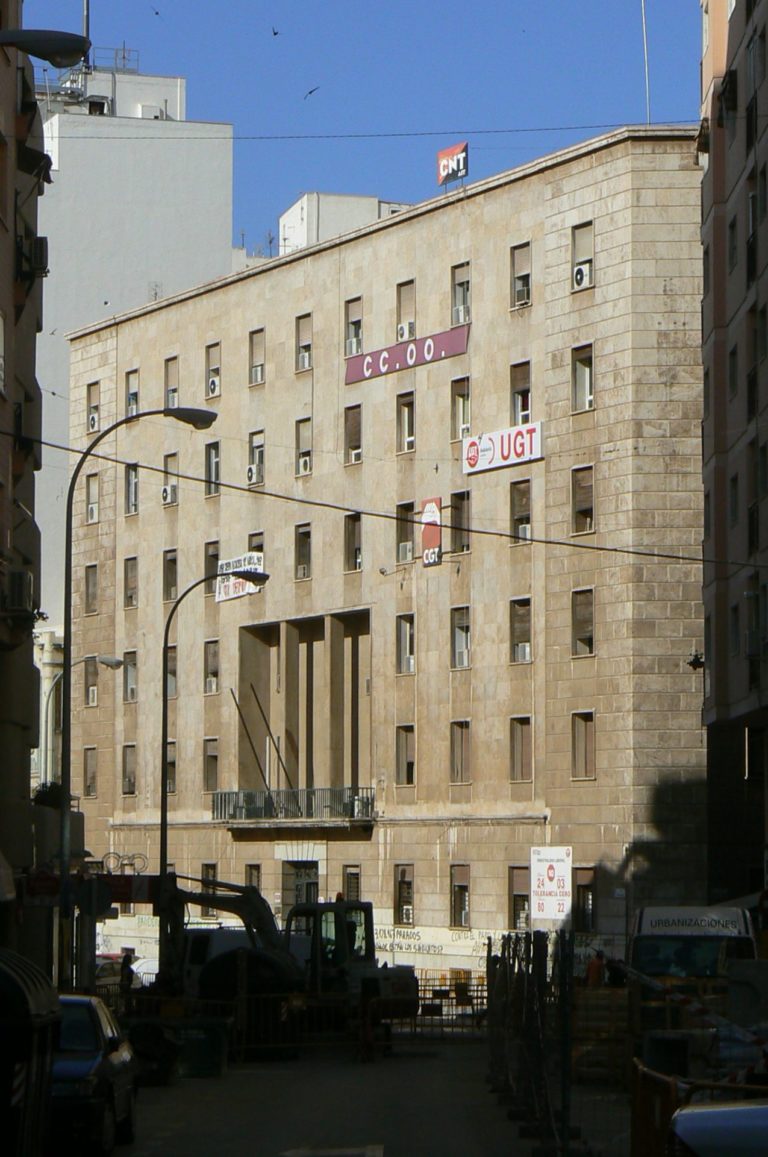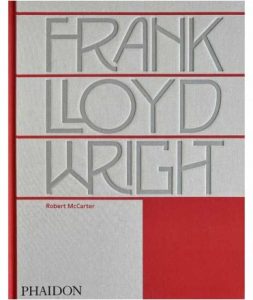Abstract
This doctoral research explores the forms of modern collective housing accomplished in Portugal and in other territories of Portuguese language under Oliveira Salazar’s dictatorship. lt seeks to highlight the indisputable values of modern architecture through the work by Portuguese architects in Portugal, Brazil, Angola, Mozambique and Macau, retaking the theme of Portuguese colonization as an imaginary of creative capacity, which enables both to get a vision of independence and the valuation of the territory. The period under investigation starts in 1948, heightens between the 50’s and the 60’s and finishes in 1974, the year of the April revolution. From this date on the architecture context has changed not only in Portugal – with the coming of the democracy – but also in the other Portuguese speaking countries. The guideline of this study is the Portuguese architectural culture as well as the utopía of the Modern Movement made real by collective inhabitation. lt is also meant to identify the strong influence of modern Brazilian architecture and how the later dissolves with the purpose of creating a possible continuity in the other territories. The research isn ‘t about the Portuguese perspective only and the international paradigmatic situations inevitably come along so as to justify the modern theory on collective Portuguese housing. The Modern generation born in the architecture schools in Lisbon and Oporto has found the devices to adapt the peculiarities of each work to the specificity of its space. The first systems developed between universality and adaptability, functionality and economy, the vecracity of the materials and sincerity of the structure, are aspects that characterize it and will try to demonstrate wtih the analysis of the selected objects. lt was from the 1950 decade onwards that the block of flats gained leading position as part of the construction process of the city / town. This period is directly related with Le Corbusier and the influential modern Brazilian architecture both obviously controlled by the dictatorial regime. lt was the Golden Age of the political strategies to define the colonial area. With it the processes for the planning and changing of the territory were started as well as the first guiding planes, which established what we now know as the town. While international style critical movement question exactly the universality that is the characteristic of modernity, in Portugal a question a position close to the themes of the latest CIAM congress around the binomial identity – modernity. To this effect in the l 960’s the moment of the discipline crisis was put to publish the famous survey about the Popular Portuguese Architecture pursuing, however a vision proclaimed by the Estado Novo regime. This dissertation on the one hand makes public the modern Portuguese heritage in the residential scope, which was almost unknown internationally, and on the other hand documents the whole of those architectures with the aim of contributing not only to its disclosure but also to show the qualities inherent to the chosen selected projects. Thus it opens the discussion on the recovering and requalifying of these works. In order to do it, the modern specific grounds of the collective housing system from town to typology deepen in countries with a common architectural history. Through the study of form , when it is understood as a part of relations and meanings, the 20 th century architecture becomes better known and at the same time the historic and theoretical picture of this heritage in the 21 st century.












